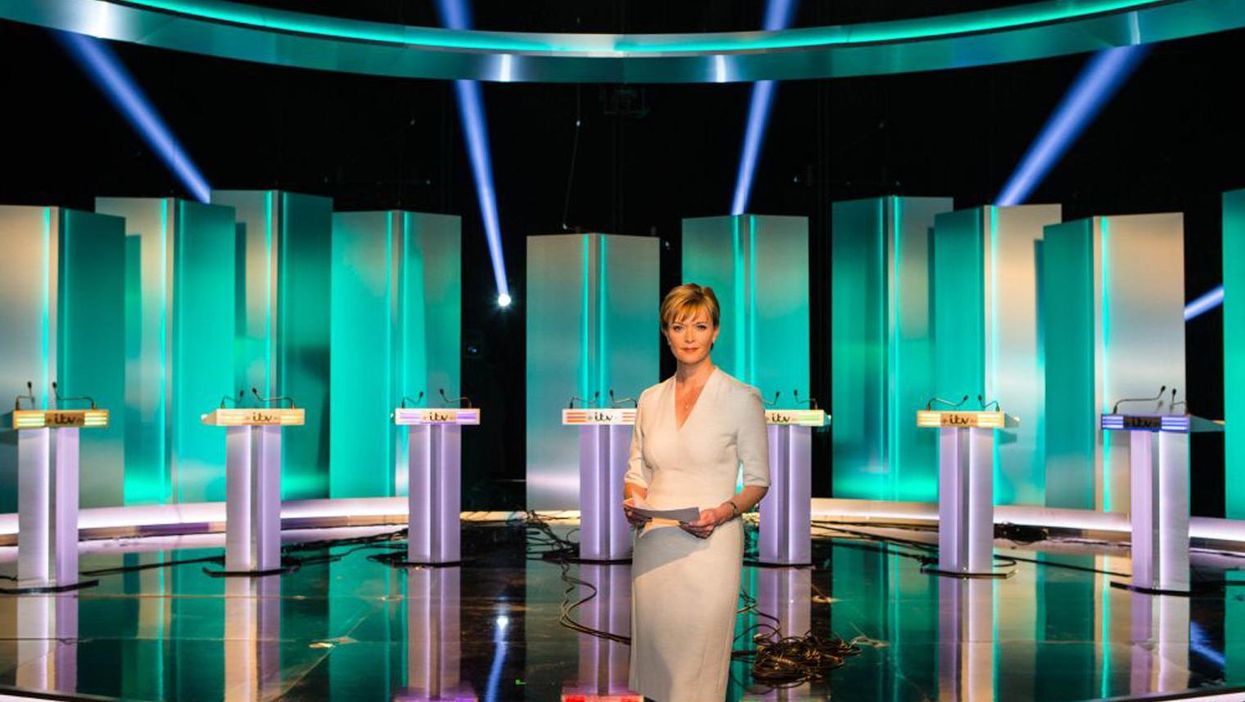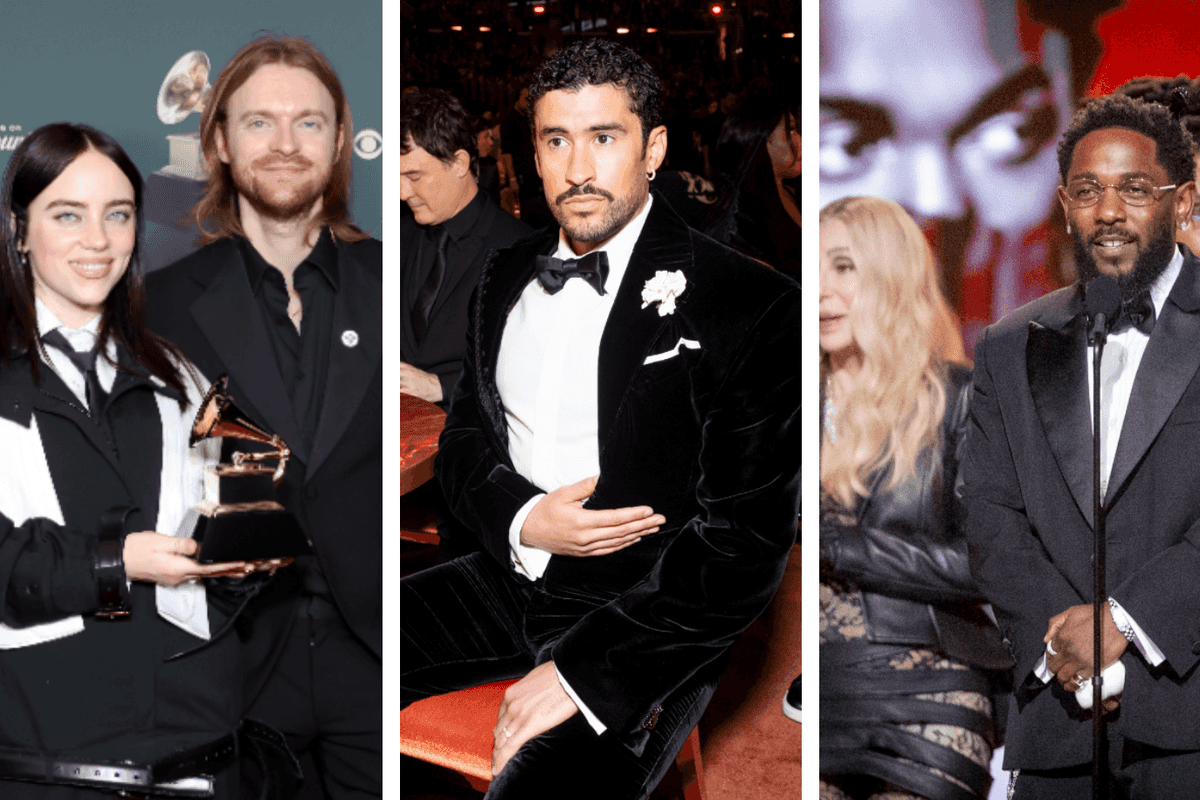News
Nigel Morris
Apr 02, 2015

Ed Miliband will get his only chance to cross swords directly with David Cameron as they appear in a seven-way live clash between Britain’s political leaders on Thursday.
The Labour leader has already spent hours rehearsing for the ITV debate, knowing it offers him another crucial opportunity to persuade the public that he is a prime minister in waiting. David Cameron has also prepared intensively for the debate, with ministers and aides standing in for his opponents.
Here's what you need to know:
Venue
The debate is at MediaCityUK in Salford. The audience comprises 200 people who have been selected to represent a demographic and political cross-section of the population.
Host
The News at Ten presenter Julie Etchingham faces the daunting challenge of moderating a debate in which seven leaders will be desperate to get their voices heard.
Format
Lots were drawn to decide the leaders’ positions in the line-up. They will appear on screen in this order (from left): Natalie Bennett, Nick Clegg, Nigel Farage, Ed Miliband, Leanne Wood, Nicola Sturgeon, David Cameron.
They will each make a brief opening statement then face questions from the audience. They will give an uninterrupted one-minute answer to each question, before the debate is thrown open. Up to 18 minutes has been allocated to each of four questions, which ITV says is enough time for a “proper free-flowing debate”.
What’s at stake for the leaders:
Natalie Bennett (Green Party)
Hopes: She uses this national platform to attract left-wing voters with her opposition to austerity and support for investment in public services.
Fears: A faltering performance, in which she is outshone by Nicola Sturgeon delivering a similar message, intensifies questions about her leadership qualities.
David Cameron (Conservative)
Hopes: He cuts a prime ministerial figure, referring to his experience in world politics, and wins public sympathy as the others snipe at him.
Fears: He loses his composure as the combined impact of his rivals’ onslaught and jibes about his posh background leaves him diminished.
Nick Clegg (Liberal Democrat)
Hopes: He can cut through hostility and win plaudits for the Lib Dems’ influence on Coalition policies.
Fears: His voice is drowned out by the new kids on the political block.
Nigel Farage (Ukip)
Hopes: He touches a populist nerve, particularly on immigration and Europe.
Fears: Sustained criticism from the others leaves his party looking extreme, while Cameron’s promises on immigration win some Ukip voters back to the Tories.
Ed Miliband (Labour)
Hopes: He builds on last week’s strong debate performance to boost his low standing with voters by getting the better of Cameron.
Fears: The SNP, Plaid and Green leaders attract left-leaning voters by accusing Labour of pursuing a watered-down version of austerity.
Nicola Sturgeon (SNP)
Hopes: She consolidates her popularity in Scotland by landing blows on the Westminster elite. Fears: A sceptical English audience is not as receptive to her message as voters north of the border.
Leanne Wood (Plaid Cymru)
Hopes: She raises her profile across the UK and gives fresh impetus to her party’s campaign in Wales by positioning it to the left of Labour.
Fears: Her relative inexperience on a national stage shows as she struggles to project a distinctive message.
More: Katie Hopkins might just have won the election for Labour
Top 100
The Conversation (0)













